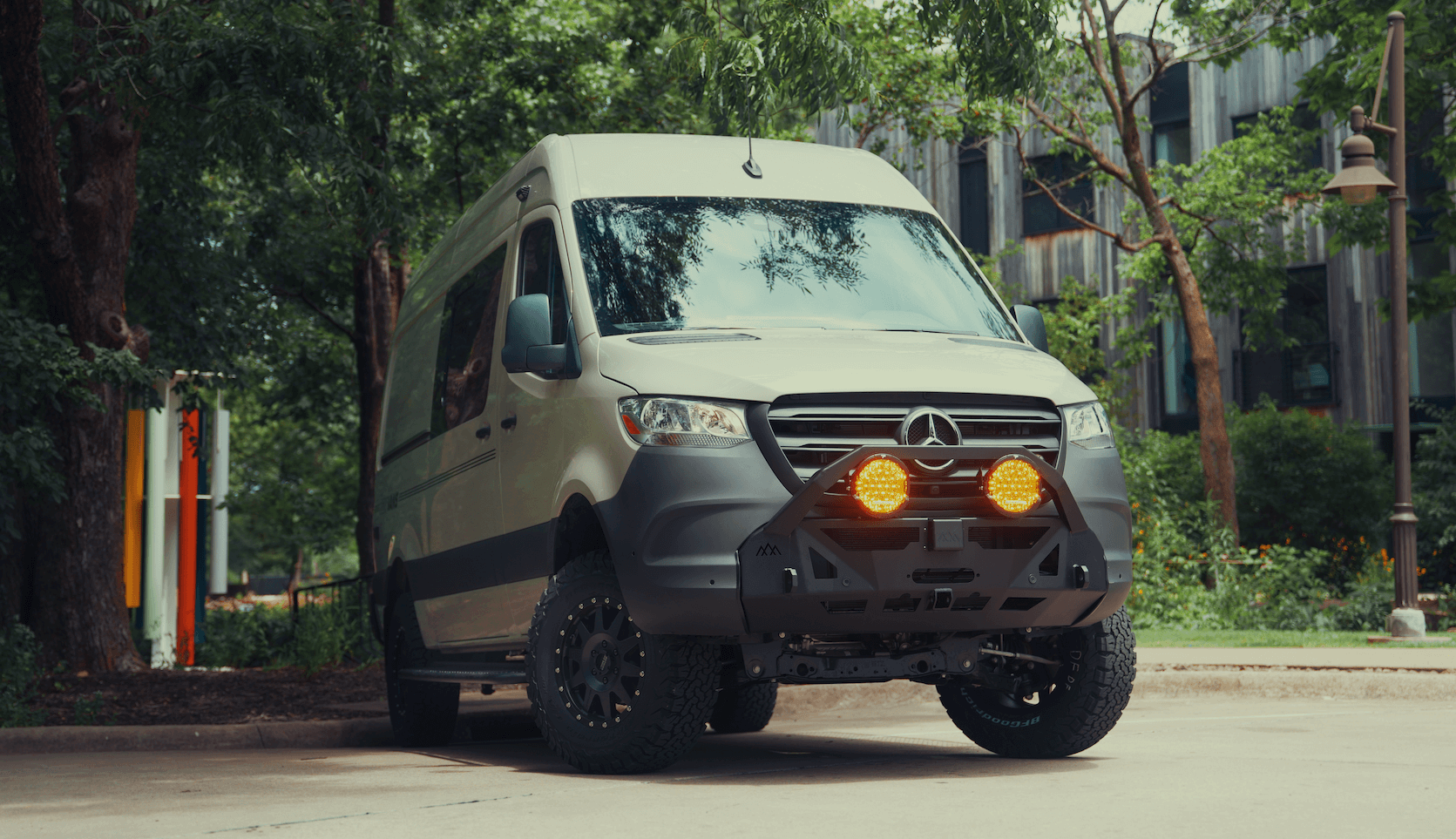Recreational Vans

A capable installer begins with a load audit. They list every device you plan to use, estimate daily hours, and convert that into watt hours. That number guides battery capacity, inverter size, and solar array wattage. For many van travelers, a balanced system might include high efficiency monocrystalline panels, a smart MPPT charge controller, a lithium iron phosphate battery bank, and a pure sine inverter.
Mounting matters. Rigid framed panels often outlast flexible panels and shed heat better, but need robust roof rails and careful sealing. Flexible panels can reduce profile height and weight, yet require meticulous adhesion and airflow to avoid heat build up. Good mobile solar installation companies choose hardware that matches the roof shape, expected weather, and the gear you carry like roof boxes or racks.
Charging redundancy is key. Solar is only one leg of the stool. The other two are alternator charging while you drive and shore charging when available. Modern systems often include a DC to DC charger that safely pulls power from the vehicle alternator, plus a programmable shore charger for campsites or home base. When these sources are coordinated, batteries stay healthy and ready for cloudy stretches.
Safety and serviceability sit at the center. Proper cable sizing, fusing at every source, clean bus bars, and solid strain relief reduce voltage drop and heat. Professional installers label circuits, leave access points for future service, and provide clear documentation for the owner.
Start with proof of experience. Look for portfolios of vans, overland rigs, and towables that resemble your platform. Ask for references and read third party reviews. Mobile environments are harsh, so you want installers who have learned how vibration, moisture, and thermal swings affect gear over time.
Verify credentials. In many regions, electrical licensing applies to vehicle work, and solar specific training such as NABCEP shows a commitment to best practices. Insurance should cover both the installer and your vehicle during the project. Confirm that component warranties remain valid when installed in mobile applications.
Ask about design process. Reliable companies present a written load analysis, a wiring diagram, and specific product models before they start drilling. They will explain why a certain controller, battery chemistry, or inverter size fits your goals. If you plan to add Starlink, an induction cooktop, or air conditioning later, the design should leave headroom.
Support after the install matters. Good teams offer commissioning, owner walk throughs, and post trip checkups. They document settings in the chargers and inverter, so you can recover quickly if a configuration gets changed in the field.
Budgets vary widely. A small weekend setup with a compact battery and a few hundred watts of solar costs far less than a full time system with air conditioning support. Instead of shopping only on panel wattage, focus on daily energy needs. Add the watt hours for your fridge, lights, fans, chargers, and any cooking or connectivity devices. Multiply by expected hours and add a buffer for bad weather.
As a rough example, a traveler who uses about 1200 watt hours daily might choose a 2000 watt inverter, a 300 to 400 amp hour lithium bank at 12 volts, a 30 to 50 amp DC to DC charger, and 400 to 600 watts of roof solar. Shade reduces output quickly, so panel placement and cable routing are as important as raw wattage. If you park in forests, consider a ground deploy panel to supplement roof space.
Performance hinges on balance. Oversized inverters waste energy at idle, while undersized battery banks cycle too deeply and wear out faster. The sweet spot is a system where charging and consumption keep pace most days, and all components operate in their efficient range.
When your goal is a road tested system that blends clean installation with dependable performance, OZK Customs integrates mobile solar into full vehicle builds and towable projects. Our team in Fayetteville Arkansas plans your loads, secures the roof hardware, routes wiring with protection, and calibrates chargers so solar, alternator, and shore sources work together. Explore our van platforms and past work to see how power integrates with layouts, storage, and travel needs.
Ready to turn sunlight into quiet, dependable energy on the move. Share your travel style and must run devices, and we will specify a complete mobile solar system, install it, and walk you through every switch so your first night off grid feels effortless.
Ready for dependable off grid power built around how you travel. Tell us about your van or trailer and we will spec, install, and test a complete mobile solar system that just works. Start your build request now.
ADDRESS:
6159 E Huntsville Rd, Fayetteville, AR 72701
PHONE:
(479) 326-9200
EMAIL:
info@ozkvans.com